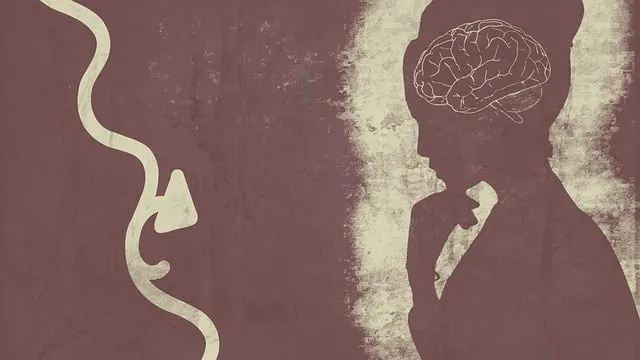Kaiser Permanente mental health Castle Rock professionals need cultural sensitivity training to address diverse patient backgrounds and beliefs, reduce stigma, and build trust. Tailored self-care practices are essential for effective treatment, especially when considering historical trauma and systemic barriers. Integrating cultural competency enhances services, ensuring inclusive care that respects individual client needs and cultural contexts.
In today’s diverse society, cultural sensitivity is paramount in mental healthcare. This article explores the importance of understanding cultural diversity in mental health services, drawing insights from a Kaiser Permanente perspective. We delve into the challenges and biases that clinicians face, particularly in the Castle Rock community, and offer practical strategies to sensitize practices for more inclusive care. By addressing these issues, we aim to enhance patient outcomes and foster better mental well-being across diverse populations.
- Understanding Cultural Diversity in Mental Healthcare
- Challenges and Biases: A Kaiser Permanente Perspective
- Sensitizing Practices: Strategies for Castle Rock Clinicians
Understanding Cultural Diversity in Mental Healthcare

In today’s diverse society, mental healthcare professionals at Kaiser Permanente mental health Castle Rock must be adept at understanding and navigating cultural differences to provide effective treatment. Cultural sensitivity is a cornerstone of delivering patient-centered care that respects and values every individual’s unique background, beliefs, and traditions. This approach recognizes that mental illness does not exist in a vacuum but is deeply intertwined with one’s cultural context. By embracing this perspective, healthcare providers can foster trust and build stronger connections with their patients, leading to improved treatment outcomes.
Cultural diversity in mental healthcare encompasses a wide range of factors, including race, ethnicity, religion, sexual orientation, gender identity, and socioeconomic status. It also involves recognizing and understanding the impact of historical trauma and systemic barriers that often intersect with mental illness. Incorporating self-care practices tailored to diverse populations, along with stigma reduction efforts, can help professionals cultivate inner strength development in their patients while creating a safe and supportive environment.
Challenges and Biases: A Kaiser Permanente Perspective

In the realm of mental healthcare, cultural sensitivity is paramount to ensuring effective treatment and support for a diverse range of patients, especially within organizations like Kaiser Permanente. While Kaiser Permanente Castle Rock has made strides in providing inclusive care, challenges and biases remain. The complex interplay of culture, language, and socioeconomic factors can create barriers to accessing quality mental health services, impacting diagnosis, treatment plans, and overall patient outcomes.
For instance, the Crisis Intervention Guidance offered by Kaiser Permanente aims to be culturally responsive, but without tailored programs addressing specific cultural needs, it may not adequately support all patients. Similarly, while Mental Health Education Programs Design can promote awareness, they must consider diverse learning styles and cultural contexts to foster genuine engagement. Moreover, Coping Skills Development initiatives should reflect the unique challenges faced by various cultural groups, ensuring that coping strategies are culturally relevant and accessible.
Sensitizing Practices: Strategies for Castle Rock Clinicians

Mental wellness is a cornerstone of overall health, and promoting this within diverse communities requires cultural sensitivity. Clinicians at Kaiser Permanente mental health Castle Rock face a unique opportunity to foster inclusive care. Sensitizing practices involve understanding the interplay between cultural identities and mental health experiences. By integrating cultural competency training, clinicians can adapt their approaches to meet the specific needs of each client.
This strategy encompasses learning about various cultural contexts, traditions, and beliefs related to mental wellness and self-esteem improvement. For instance, recognizing and respecting different therapeutic communication styles, incorporating culturally relevant interventions, and ensuring confidentiality within a client’s preferred language or cultural framework can significantly enhance the therapeutic process. Such strategies not only improve patient outcomes but also foster trust and create a safer space for all individuals seeking mental healthcare services.
In addressing cultural sensitivity in mental healthcare, organizations like Kaiser Permanente and practices in Castle Rock play a pivotal role. By acknowledging and understanding the diverse needs of their communities, they can overcome challenges and biases that may hinder effective treatment. Implementing sensitizing strategies and adopting inclusive practices are essential steps towards providing culturally competent care. This approach not only enhances patient outcomes but also fosters stronger connections between mental healthcare providers and the diverse populations they serve.






